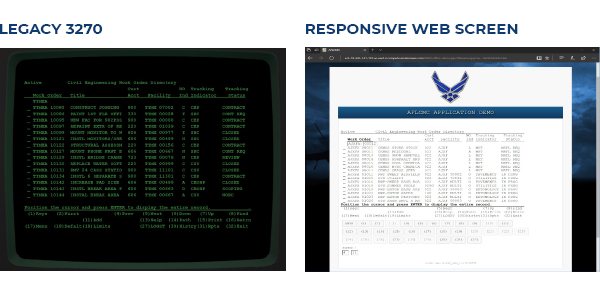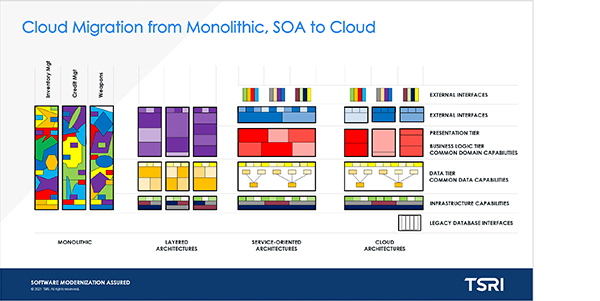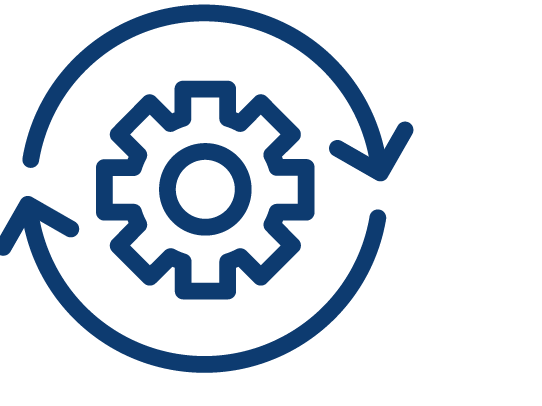 How much automation actually makes a difference?
How much automation actually makes a difference?
10% of 10 million lines of code is still 1 million lines.
A major modernization project involving millions or tens of millions of lines of code can take years and cost millions of dollars. Using artificial intelligence and modern computing method and automation, much of that time and expense can be eliminated. The question is, by how much? If your project starts out at 10 million lines of code and your automation technique cuts that down by 90%, you’re still left with a 1-million-line project that can take months to manually assess, document, transform, and refactor.
To appreciably accelerate large modernization projects, automation must eliminate as near as possible to 100% of the effort. That means in the range of 99.9X%. Without that, your organization can be left with significant and costly manual loads that can take years, strain budgets, result in unacceptable error rates, and still produce poorly written modern code. Even advanced automation cannot take code straight from any source language to a modern cloud-ready language. First, the code must be translated through a universally accepted language modeling system and standard to maximize the extensibility and efficiency of application analysis, transformation, and refactoring—an Intermediate Object Model (IOM). This is one of the keys to accelerating modernization that The Software Revolution Inc. (TSRI) has implemented for their clients.
The languages used for specifying grammars and transformations must fit the specific problems at hand and be as expressive and efficient as possible. TSRI has developed and defined three domain-specific high-level specification languages JPGEN™, JTGEN™ and JRGEN™:
-
JPGEN™ defines grammar system and language models
-
JTGEN™ delineates transformations between these models
-
JRGEN™, a 5th generation artificial intelligence language supports first order logic and predicate calculus as well as 3GL and 4GL language constructs
Together, these three proprietary tools comprise TSRI’s JANUS Studio®.
IOM: A Literally Exponential Improvement in Transformation
The three components of JANUS Studio® transform and compile software code originally developed in language such as Ada, Visual Basic, Vax Basic, C, C++, COBOL, C#, Java, Jovial, FORTRAN, and more than 30 other languages into efficient, platform-neutral C++. The core function of the IOM creates a language-neutral model into which all legacy source languages are transformed, and from which all modernized target languages can be generated. The IOM is effectively a universal translator. It simplifies the “O(n-squared)” language transformation problem to a much simpler “O(n+1)” language transformation problem. The IOM provides a set of generic language constructs that serve as a reusable language-neutral formalism for assessment, documentation, transformation, refactoring, and web-enablement.
This solution allows simple 64-bit multi-processor LINUX platforms to analyze massive software models using parallel processing.
Using IOM, and the expertise of TSRI’s exceptionally skilled developers, JANUS Studio® is simply the most powerful, least expensive, and lowest risk technology available to automatically modernize (assess, document, transform, refactor, and web-enable) legacy systems. Using the AI-enhanced capabilities of JANUS Studio®, 99.9X% of software transformation can be automated, cutting transformation project times from years to months—or weeks.
"Simply the most powerful, least expensive and lowest risk technology available to automatically assess, document, transform, refactor, and web-enable legacy systems.”
A Model for Automated Modernization
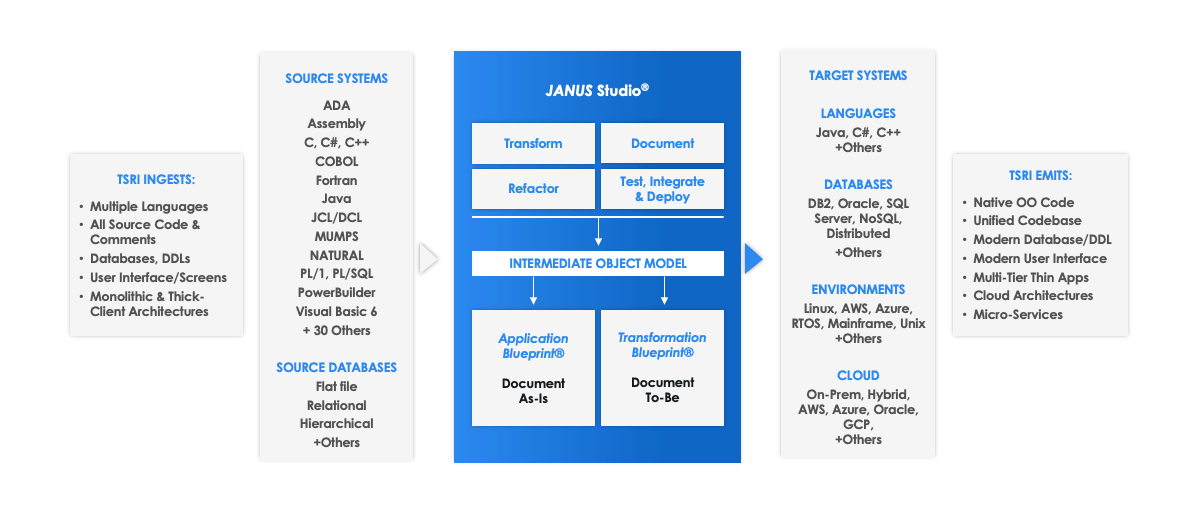
As Scale Increases, So Does Efficiency
JANUS Studio® allows TSRI developers to cut modernization projects so drastically using Artificial Intelligence-based modeling that drives that 99.9X% automation rate. Not only that, but because every application and every language is modernized and transformed at the meta-model stage, every prior project (regardless of the language or industry) further develops the toolset and TSRI libraries, resulting in greater value for each future project. The more scale, the more uses, the more efficient the process.
This email address is being protected from spambots. You need JavaScript enabled to view it.
It’s no surprise that TSRI adheres to the Object Management Group (OMG) principles of model-based and architecture-driven software modernization. We’re not just a member, TSRI is the principal author of the Abstract Syntax Tree Meta-Modelling Standard used by the OMG. We’re deeply involved in the innovations and future of OMG and look forward to the next Member Meeting March 21-25 in Reston, Virginia. If you plan to be there, we’d love to talk about how to significantly accelerate your modernization projects, while lowering cost and error rates.
This email address is being protected from spambots. You need JavaScript enabled to view it.
---
TSRI is Here for You
As a leading provider of software modernization services, TSRI enables technology readiness for the cloud and other modern architecture environments. We bring software applications into the future quickly, accurately, and efficiently with low risk and minimal business disruption, accomplishing in months what would otherwise take years.
See Case Studies
Learn About Our Technology
Get Started on Your Modernization Journey Today!
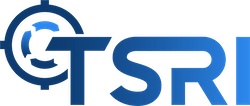

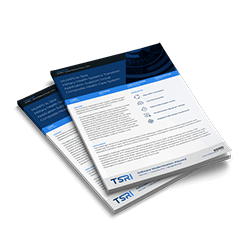

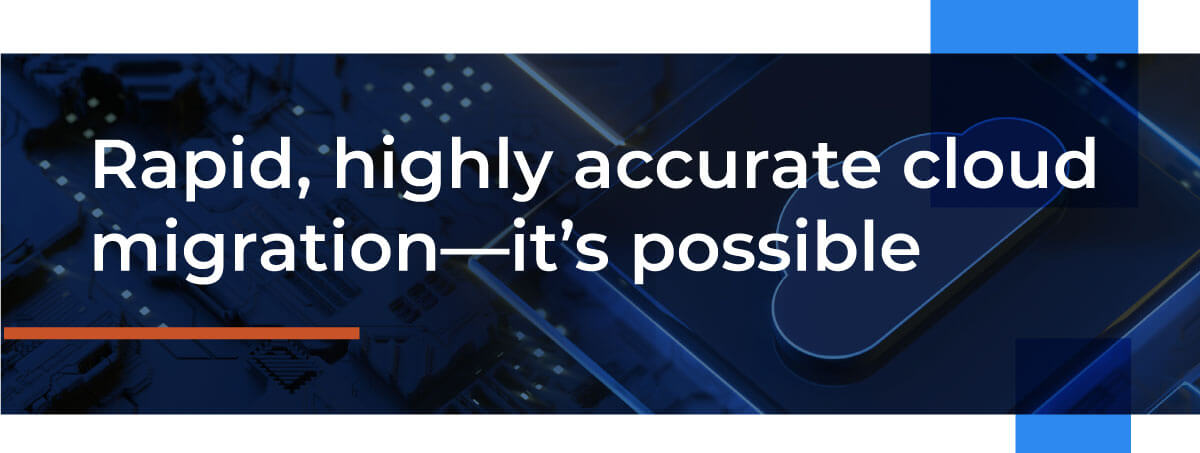
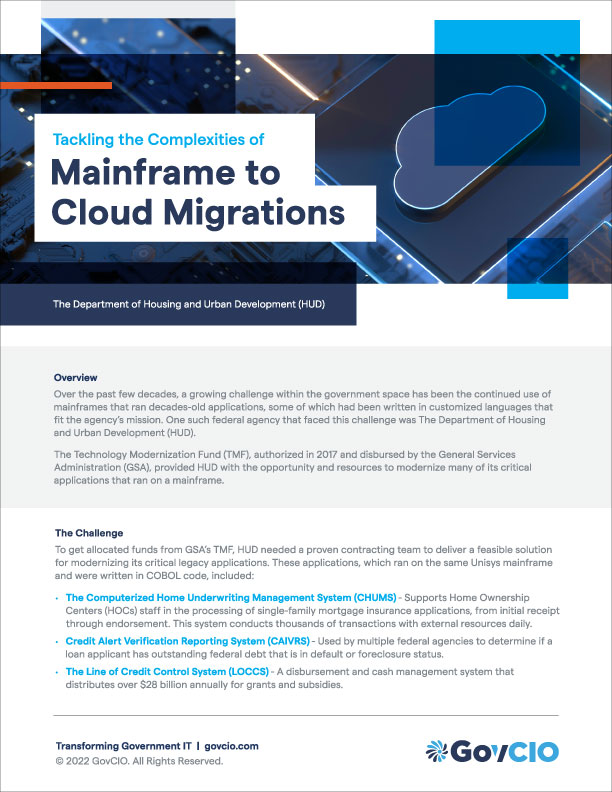
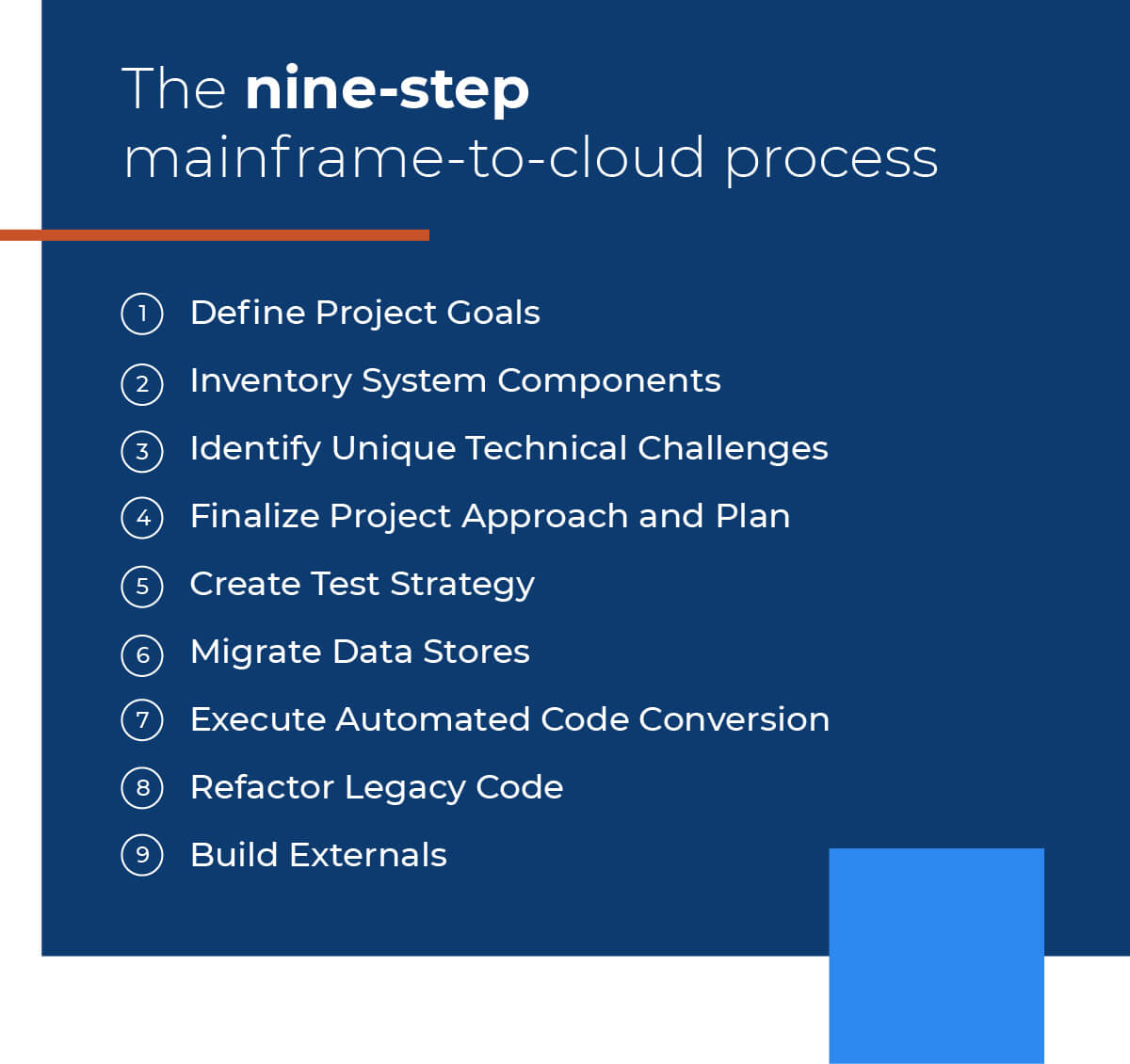
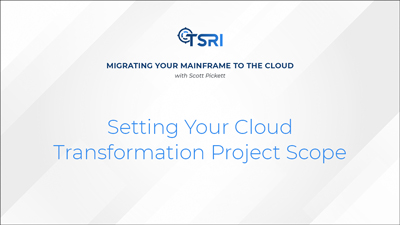
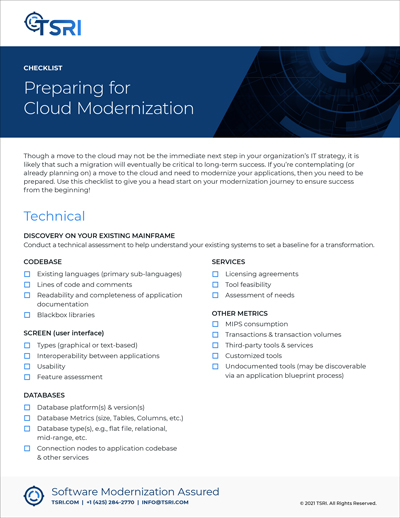 Check out this article featuring a downloadable
Check out this article featuring a downloadable 
